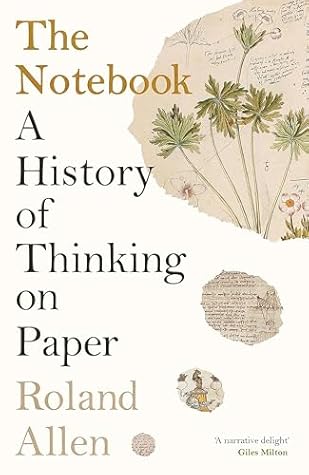the well-arranged common-place functioned as a kind of externalised memory, which, as historian Ann Blair notes, ‘liberated the reader from the task of memorising the selected passages’. This in turn ‘freed up mental capacity for... reasoning and reflection’ and was particularly useful in an age when the rate of arrival of new books far outstripped anyone’s ability to master their contents.
Welcome back. Just a moment while we sign you in to your Goodreads account.


